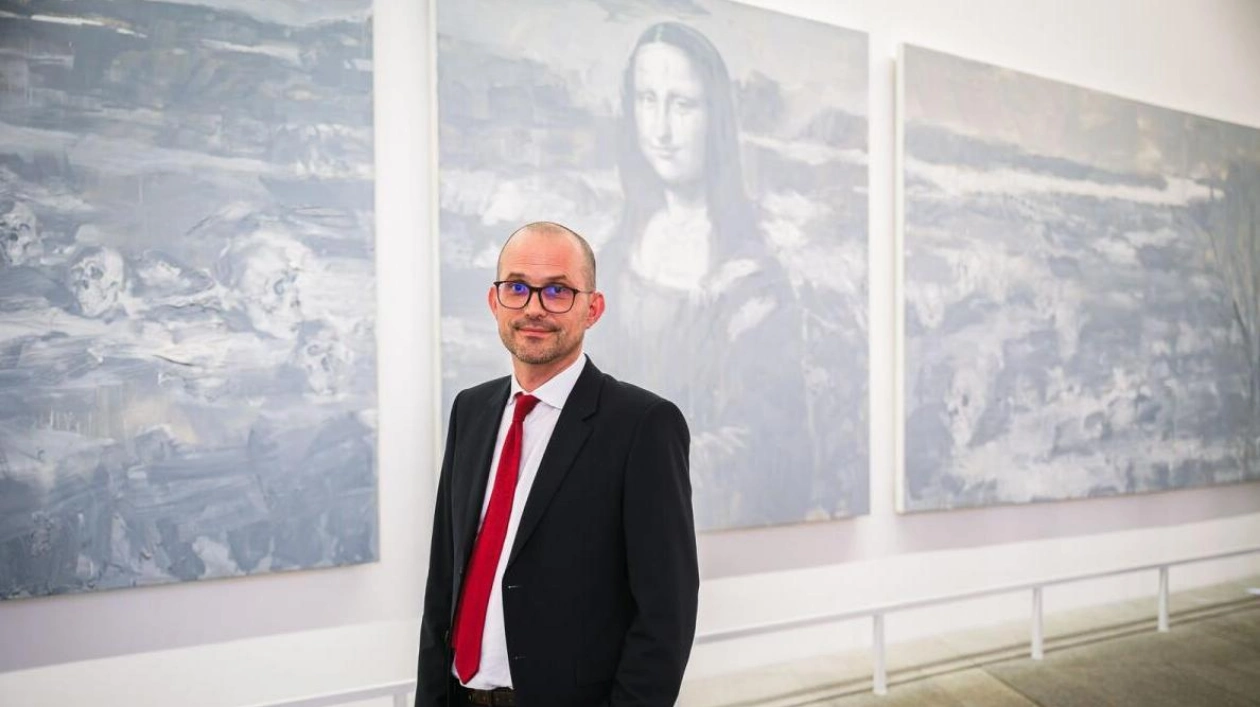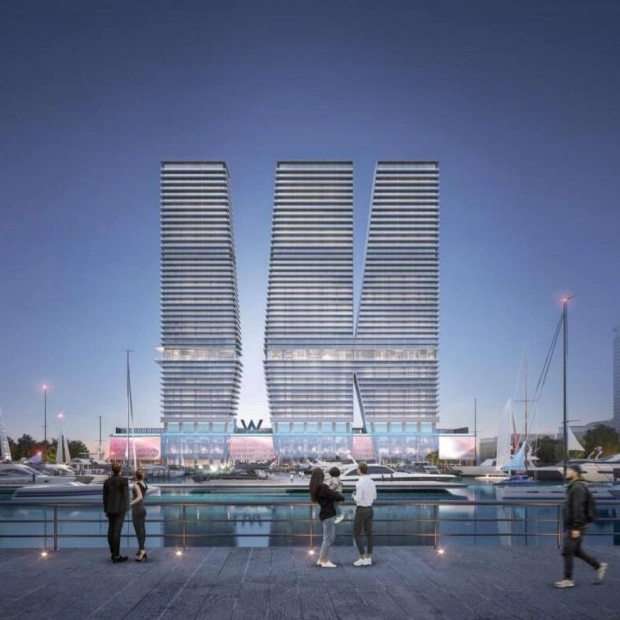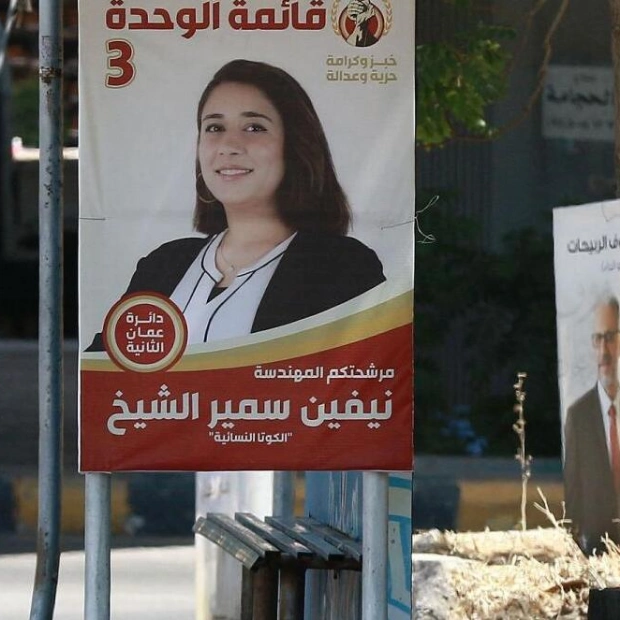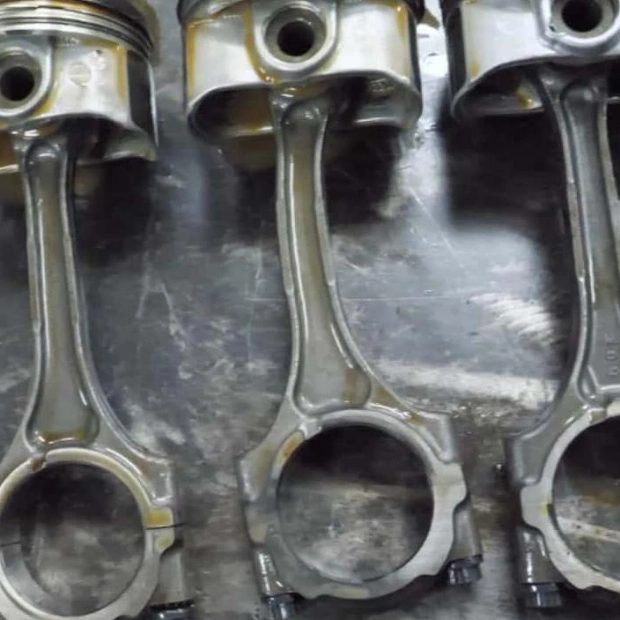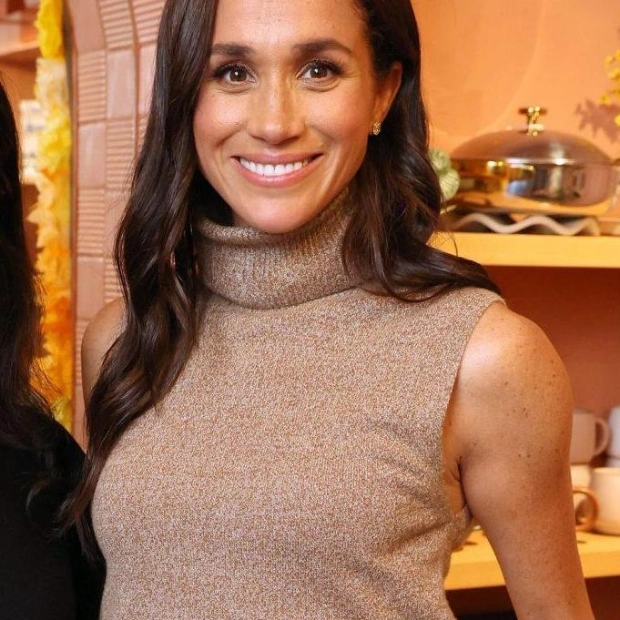Strolling through the permanent galleries of Louvre Abu Dhabi feels like stepping into a time machine. This journey spans from prehistoric artifacts to Renaissance gems and contemporary masterpieces, underscoring the vital role of art in human history. While the Paris Louvre is a venerable institution, its Abu Dhabi counterpart has significantly broadened the cultural perspective of the Middle East. Under the leadership of Manuel Rabaté, who has been at the museum's helm for seven years, Louvre Abu Dhabi has transformed into a regional beacon of art. Rabaté, who began his career at the Paris Louvre, discusses the museum's evolution, blending classic and contemporary art, and innovative audience engagement strategies in an interview with wknd.
Rabaté became the director in 2016, having been involved with the project since 2008. He witnessed its transition from a concept to a public institution, focusing on exhibitions, collection development, and community outreach. The museum's narrative, programming, and audience demand have strengthened, attracting 1.2 million visitors in 2024, ranking it 52nd globally. Rabaté emphasizes the balance between quality and quantity, and the museum's appeal to both Emiratis and tourists.
During the pandemic, Louvre Abu Dhabi reopened within 100 days and maintained operations without further closures, unlike many global museums. The museum continued to exhibit and manage visitor numbers safely. Rabaté highlights the museum's role in providing opportunities for local artists, including the Louvre Abu Dhabi Art Here exhibition, which supports contemporary artists through a prestigious award.
Balancing classical and modern art is facilitated by the museum's universal narrative and chronological approach, showcasing the evolution of civilizations through art. The digital transformation has enhanced the museum experience, with an app acting as a personal guide, offering customizable tours and interactive games. The museum also plays a role in cultural diplomacy, reflecting the UAE's commitment to cultural dialogue and global connectivity.
Contemporary curation practices include de-compartmentalising knowledge and integrating gamification and edutainment. The museum embraces multiple languages to cater to an international audience. Rabaté does not foresee AI revolutionizing curation but enhancing the visitor experience. Efforts to engage Gen-Z include gamification and aligning with their values of sustainability and mindfulness.
Upcoming highlights include exhibitions featuring a space rocket brought back by Sultan Al Neyadi, post-impressionism, and a masterpiece of Islamic art. The museum continues to innovate and connect with diverse audiences, reflecting Abu Dhabi's dynamic cultural landscape.
